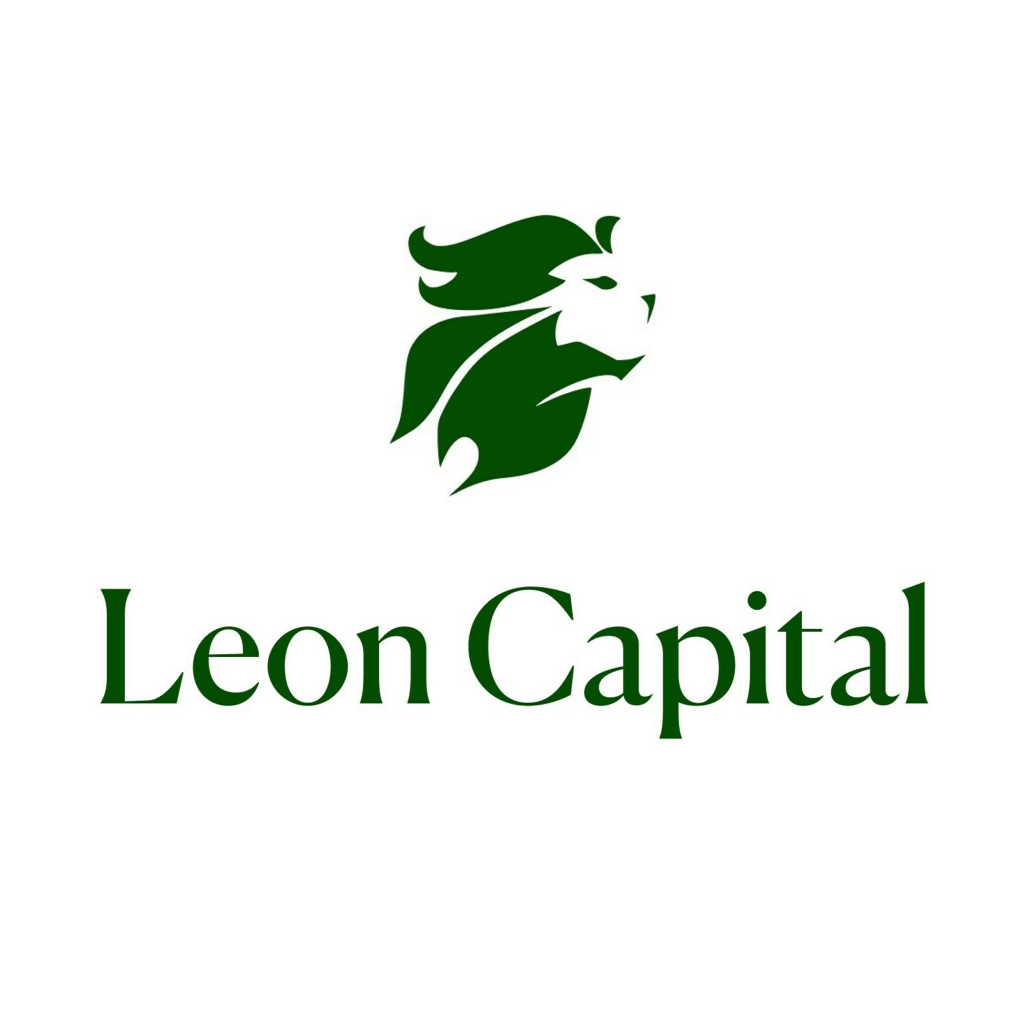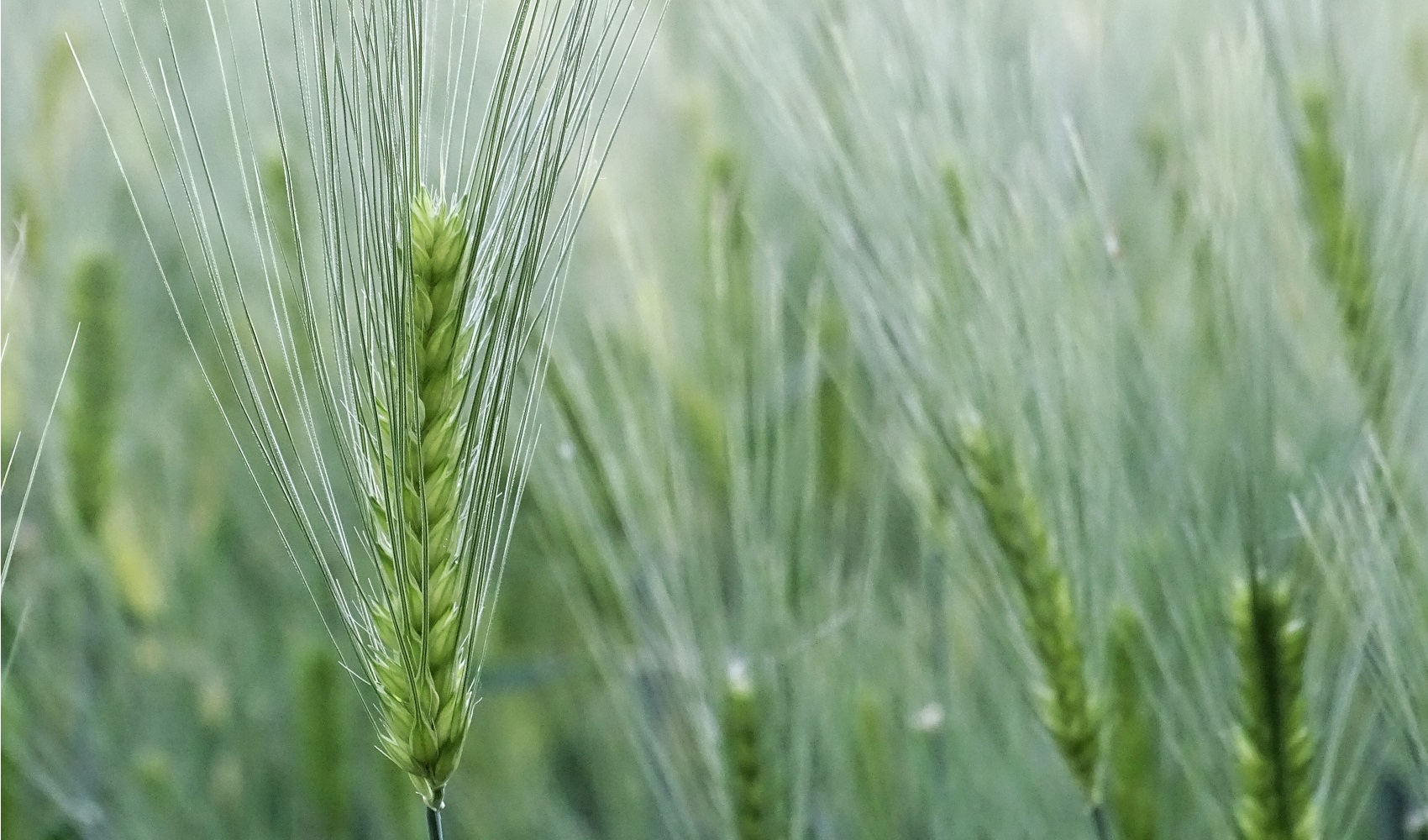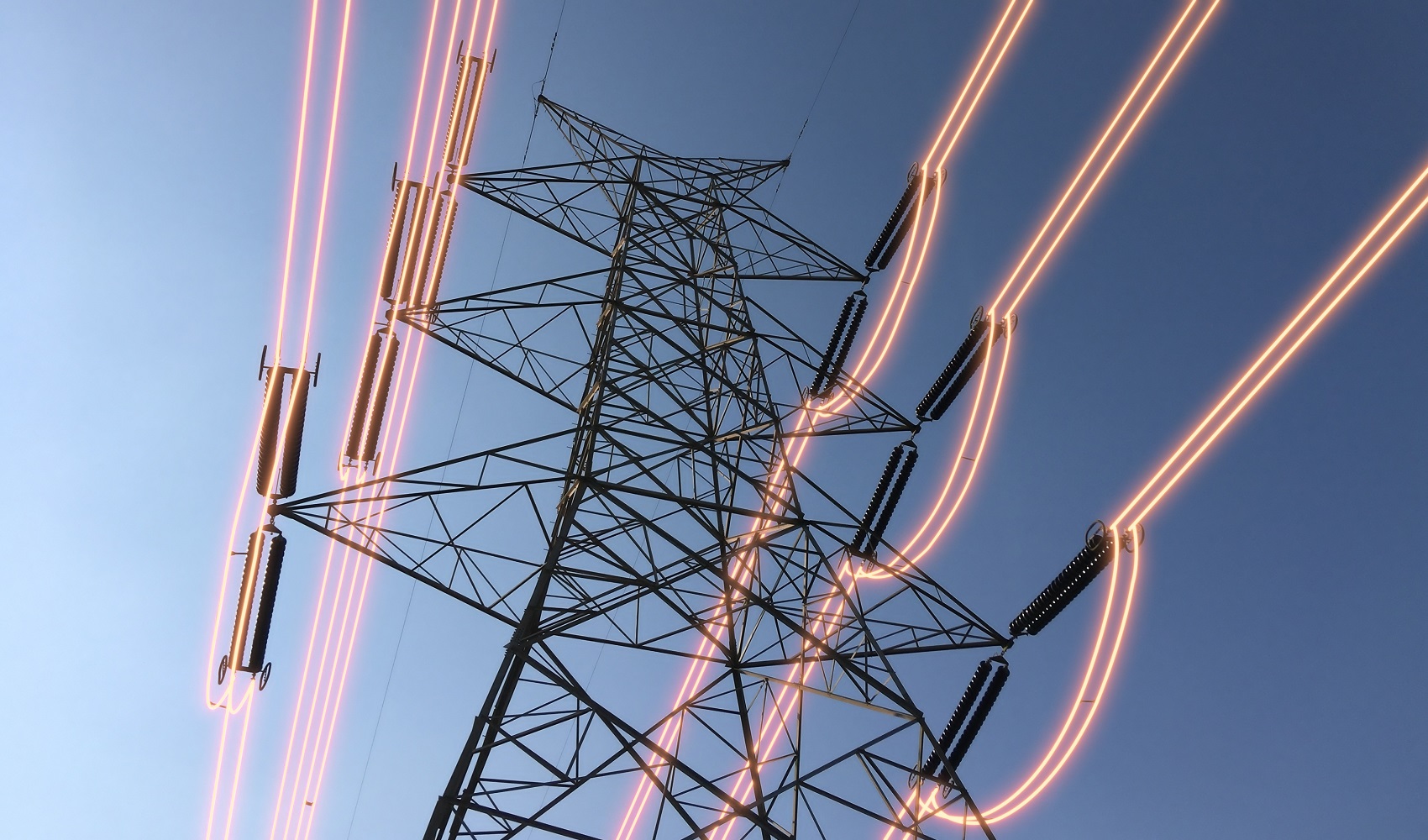About Us
Xynteo helps organisations across the globe accelerate sustainable impact and value creation.

Our Mission
We understand that global businesses need more than just advice—they need practical, actionable solutions that drive measurable results at scale.
Our People
We focus on exceptional client delivery to help organisations thrive in a future where sustainability and business success are inseparable.
Your Career
If you are passionate about driving sustainable business growth and making a positive impact, we're seeking exceptional people to join our team.
Our Investors
Xynteo is backed by Leon Capital, a London-based private equity firm.
Leon backs founders and entrepreneurs, investing in their vision rather than just assets. With a family partnership mindset, Leon focus on capital preservation, long-term growth, and adaptable investment structures tailored to individual needs.
Leon Capital’s mission is to create and share sustainable value with all stakeholders—including partners, employees, customers, and investors.

We've worked with
-
We are extremely proud to be a part of build ahead to help support the transition towards India achieving a low-carbon future. With the coalition, through collaboration with other partners, we will be able to significantly reduce the carbon footprint of the built environment.
- Sandeep Sethi
- Division President
- Asia Pacific Work Dynamics
-
Lorem ipsum dolor sit amet, consectetur adipiscing elit, sed do eiusmod tempor incididunt ut labore et dolore magna aliqua. Ut enim ad minim veniam, quis nostrud exercitation ullamco laboris nisi ut aliquip ex ea commodo consequat. Duis aute irure dolor in reprehenderit in voluptate velit esse cillum dolore eu fugiat nulla pariatur.
- A N Other
- President
- XY Industries
-
Ut enim ad minim veniam, quis nostrud exercitation ullamco laboris nisi ut aliquip ex ea commodo consequat. Duis aute irure dolor in reprehenderit in voluptate velit esse cillum dolore eu fugiat nulla pariatur. Lorem ipsum dolor sit amet, consectetur adipiscing elit, sed do eiusmod tempor incididunt ut labore et dolore magna aliqua.
- C D Other
- Executive Consultant
- AB Industries
-
Duis aute irure dolor in reprehenderit in voluptate velit esse cillum dolore eu fugiat nulla pariatur. Lorem ipsum dolor sit amet, consectetur adipiscing elit, sed do eiusmod tempor incididunt ut labore et dolore magna aliqua. Ut enim ad minim veniam, quis nostrud exercitation ullamco laboris nisi ut aliquip ex ea commodo consequat.
- G H Other
- Senior Consultant
- NE Industries
Find out how your business can accelerate sustainable impact and value creation.



